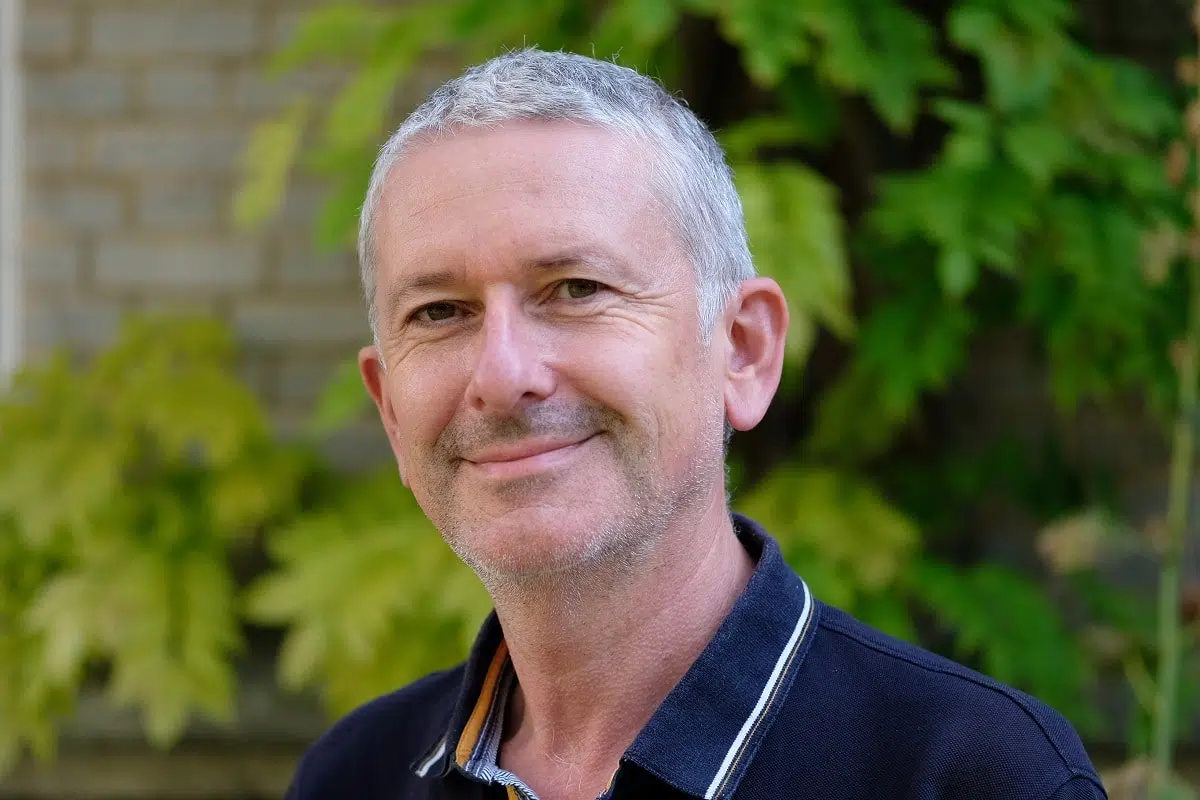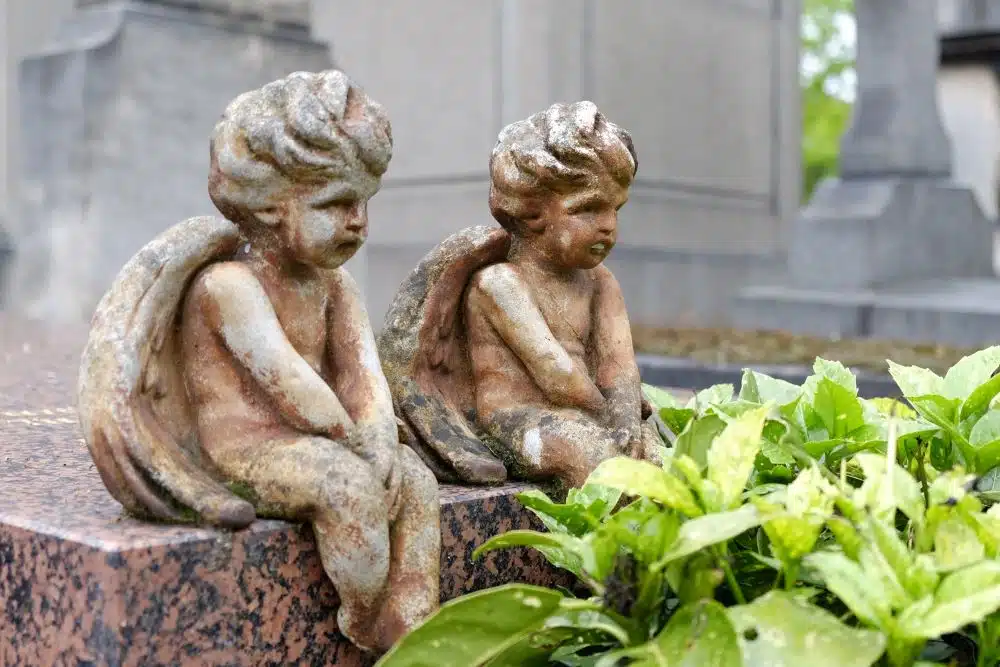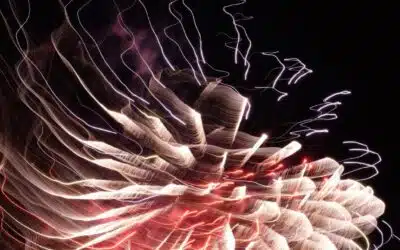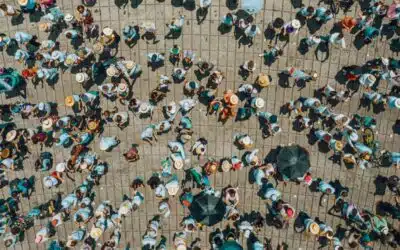Me, me, me (and the others?)

Written By Damien Brohon
Blog | Reflections on life | What about me?
In “Me, me, me (and the others?)” Damien talks about meeting an “I” beyond the ego and an “other” free of any idea of the other, Dzogchen way.
Me, me, me (and the others?)
Tell me about myself, that’s the only thing that interests me. [1]
He is the object of our worried attention: he should not, in fact, catch a cold or be too caught up in these dark thoughts which often come back lately… His tastes (perhaps for real local strawberries) and dislikes (for the chemical version of this fruit, let’s assume) have no secrets for us and we always take great care to attract to him what he likes like to push away the ugly, the irritating and the really too weird towards the outer darkness. We take his little quirks with all due seriousness – as if we were the butler of a royal highness. We continue to provide medical, physical, psychological and spiritual care, all of which can be synthesized in a holistic approach. All of this is done not without anxiety – because since his birth (where he was expelled from the relative amniotic tranquility in which he found himself), he has continued to be threatened by illness (from a bad cold to fatal cancer, from toothache to mental disorders), to old age (from the decline specific to everything that is born one day to the numerous losses, hindrances, reductions etc. which dot our lives) and, of course, to the final prospect of one’s death.
“In fact, as long as our point of reference is the self, the whole world is judged, measured and organized by its yardstick. Which can give a feeling of claustrophobia”
Who are we talking about like this? From our darling child, our lover or our pet? It’s possible. But these few lines perhaps also remind you of a very eminent character in everyone’s life: Me. Our beloved darling, our darling “roudoudou”. What is the Self? Why does it occupy such a central place in our mind and in our existence? What is its origin ?
At every moment, day or night, we have the feeling of existing. We are not packets of noodles, chrome staplers, or bags of plaster. We feel, think and dream. We have the natural, innate, constant sense of being there. This sense of presence comes from having a mind. In Tibetan, beings are called sems can (pronounced: semchen) – “possessors of spirit” – and are defined by this very possession. Mind is described by the Dzogchen tradition as that which is “clear and knowing.” It is this ability to know that gives us this sense of presence, this clarity. But how do we know? I know that I am here and I know that I am not nothing: we see this pure and open presence as a Self. An identity that would be endowed with permanence (I am always myself), autonomy (I exist by myself) and singularity (I am an uncomposed whole). Each experience is then perceived by this filter. Do I like this music I’m hearing? Do I find this text interesting? Is this spicy tofu dish good for me? Once we have assimilated the sense of presence discussed above with an ego, we are attracted by anything that can confirm its existence and anxious by anything that would call it into question.
What place for others in this perspective? A question that we can ask ourselves for example in the metro, contemplating the way in which everyone is absorbed in their digital bubble, that is to say the universe of their algorithmically defined self thus perfectly eclipsing the presence of his traveling companions. For the self, there are others only in relation to the self: my father, my neighbor, my friend, my favorite singer or “the other idiot on TV”. In other words, roles to play in the theater of the self where we perhaps seek confirmation of the self much more than a real encounter with others. When we collide, rub against each other, measure ourselves, argue, mix with others, are we really trying to meet them? Who are our dances, our caresses, our blows, our games, our handshakes aimed at? Others? Or, through others, ourselves? We love or hate others, but is it really to experience their existence – this otherness irreducible to our views – or just to confirm ours? Of course, morality – religious or secular – comes to regulate our selfishness, but the unease persists and disputes, divorces or wars (it is only a question of scale) remind us that we in fact rarely manage to perceive others beyond the projections of the self.
In fact, as long as our point of reference is the self, the whole world is judged, measured and organized by its yardstick. Which can give a feeling of claustrophobia. In the world of “me versus others”, we feel a little cramped. And probably also quite alone… Hence the discomfort that we can sometimes feel, and which – for the tradition of the Great Perfection – is the seed of wisdom. Indeed, this painful sensation is a very concrete sign that our vision of reality misses the depth of what we are. The self is a concept intended to ensure a solid grip on our life experience, except that it is infinitely more vast, dynamic and fluctuating than all the representations that we can make of it. Our nature is primordial purity and radiant luminosity. Beyond all of me. A major text of the Great Perfection tells us this: First, for deluded beings, as the primordial evidence does not appear as a basis, They have no consciousness, not even the most obscure, this very ignorance is the cause of the illusion, And they sink into a state of blind stupor, their minds dazed and panicked. From there arises the grasp opposing self and other [2] .
It is because we do not see the “primordial evidence” (in Tibetan rigpa), the unconditioned nature of our mind that we come to imagine, in a panic completely unconscious of itself, the opposition between selves and others to construct a “reality” that we can – as best we can – trust. This fiction, with its relative validity, can only obscure our true nature: “He who sees what does not exist, does not see what exists” [3] says the Ornament of the Sūtras of the Great Vehicle [4] . It is through glimpses, then an increasing deepening of the vision of our true nature, that we put this vision of ourselves and others into perspective: it is only a very provisional construction and not very sure of itself. even. We can then encounter a “me” beyond the self and an “other” free of any idea of the other. Thus, meditating, contemplating or going on retreats is, contrary to what one might believe, the surest way to really meet our friends, our colleagues, our family or the strangers that life leads us to meet. The encounter – so that it is not illusory – can only really occur with and in the View of Reality.
[1] Title of a song whose lyrics and music are by Guy Béart (1980) and performed by Jeanne Moreau and Guy Béart. BACK
[2] In kun bzang smon lam stobs po che, The powerful path of wishes of the All-Excellent, A terma revealed by Rigdzin Gödem (1337-1408) translated by the translation committee of Dzogchen Today! BACK
[3] Quoted in Sandy Hinzelin, All beings are Buddhas (tib. de bzhin gshegs pa’i snyong po bstan pa zhes bya ba’i bstan bcos), translation and commentary of the “Treatise which shows the nature of Buddha” of Third Karmapa, Vannes, Sully, 2018, p. 68.
[4] Sanskrit title: Mahāyāna-Sūtrālaṃkāra.
More Posts
KO Outside, OK Inside?
In this article “KO outside, OK inside?”, Damien talks about how chaotic external conditions are opportunities for Liberation.
Living in a Big City
In “Living in a Big City”, Nils proposes to change the way we look at big-city crowds, by considering manifestations of the same nature.
Advice for Difficult Times
In this article “Advice for Difficult Times”, Johanne talks about Yeshe Tsogyäl’s difficult and extraordinary journey and the advice she got.





